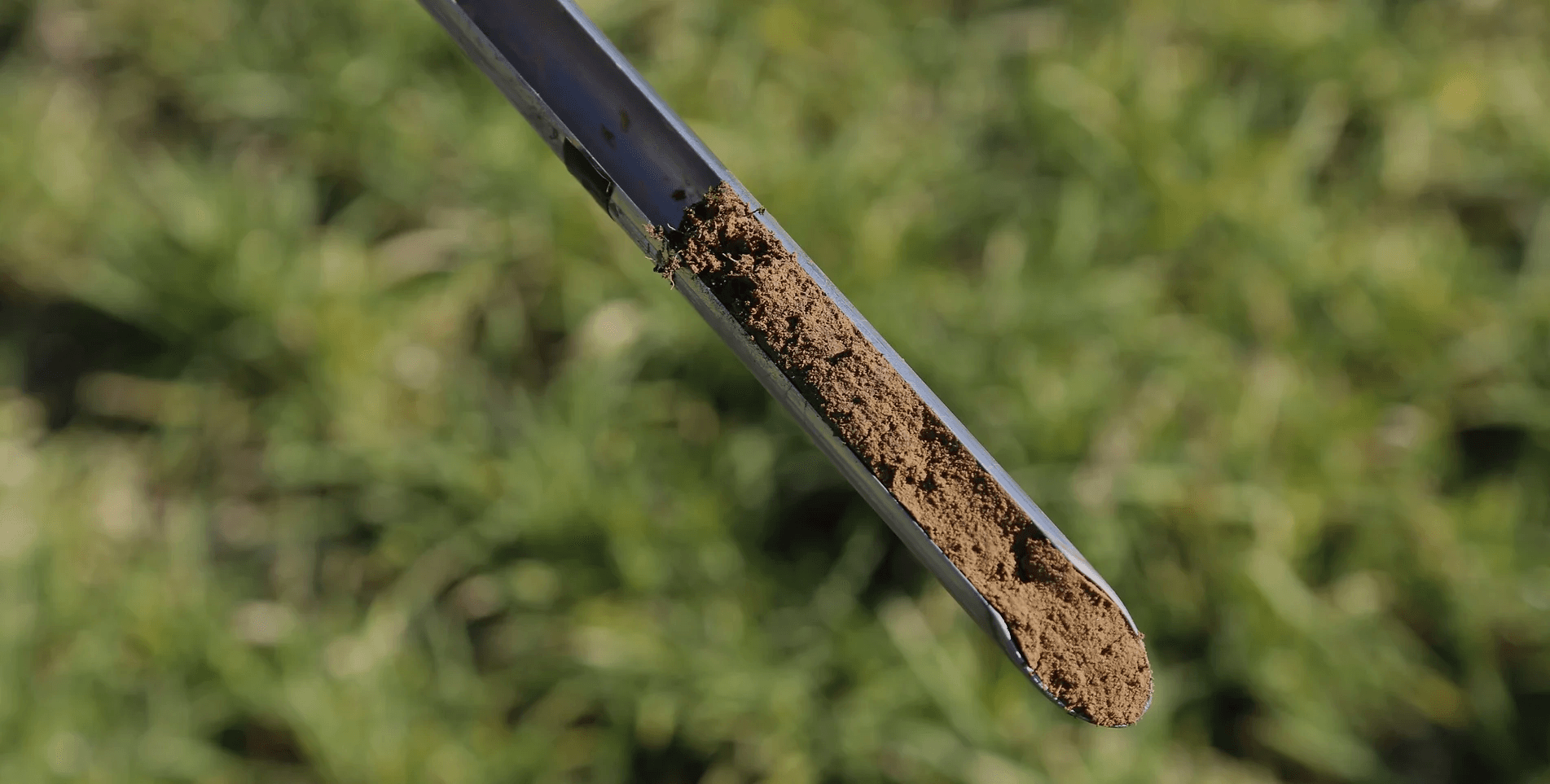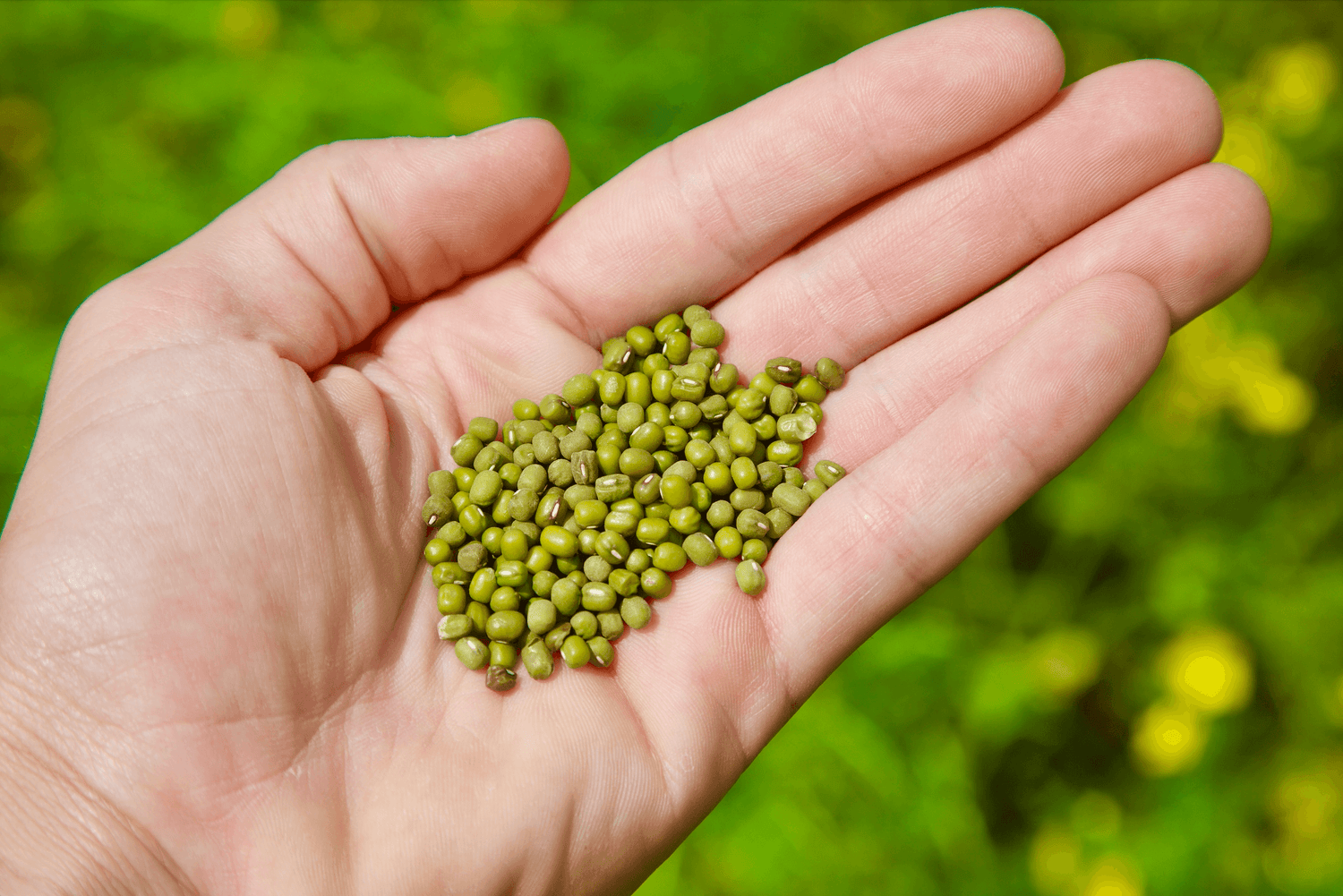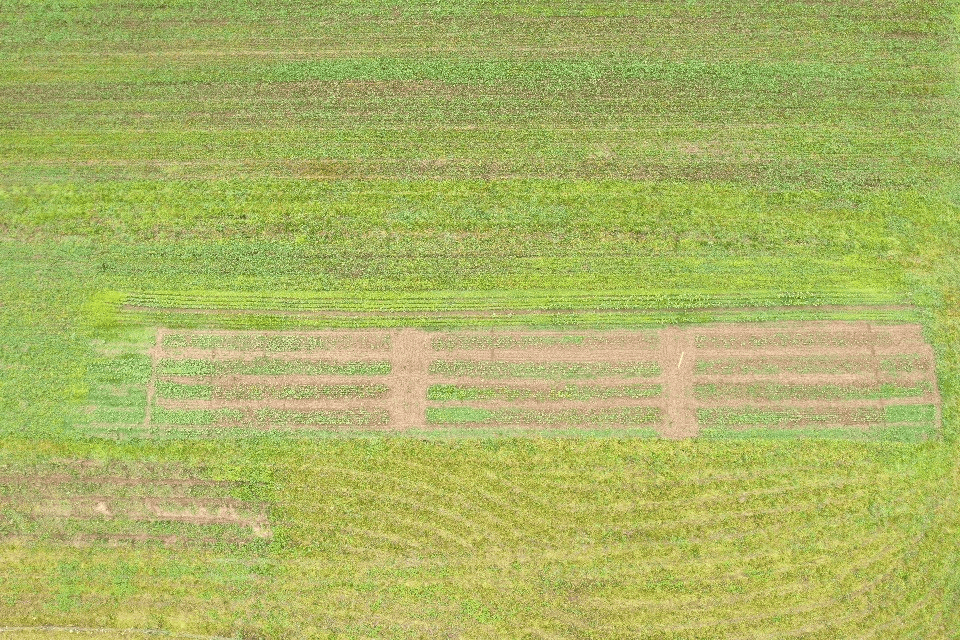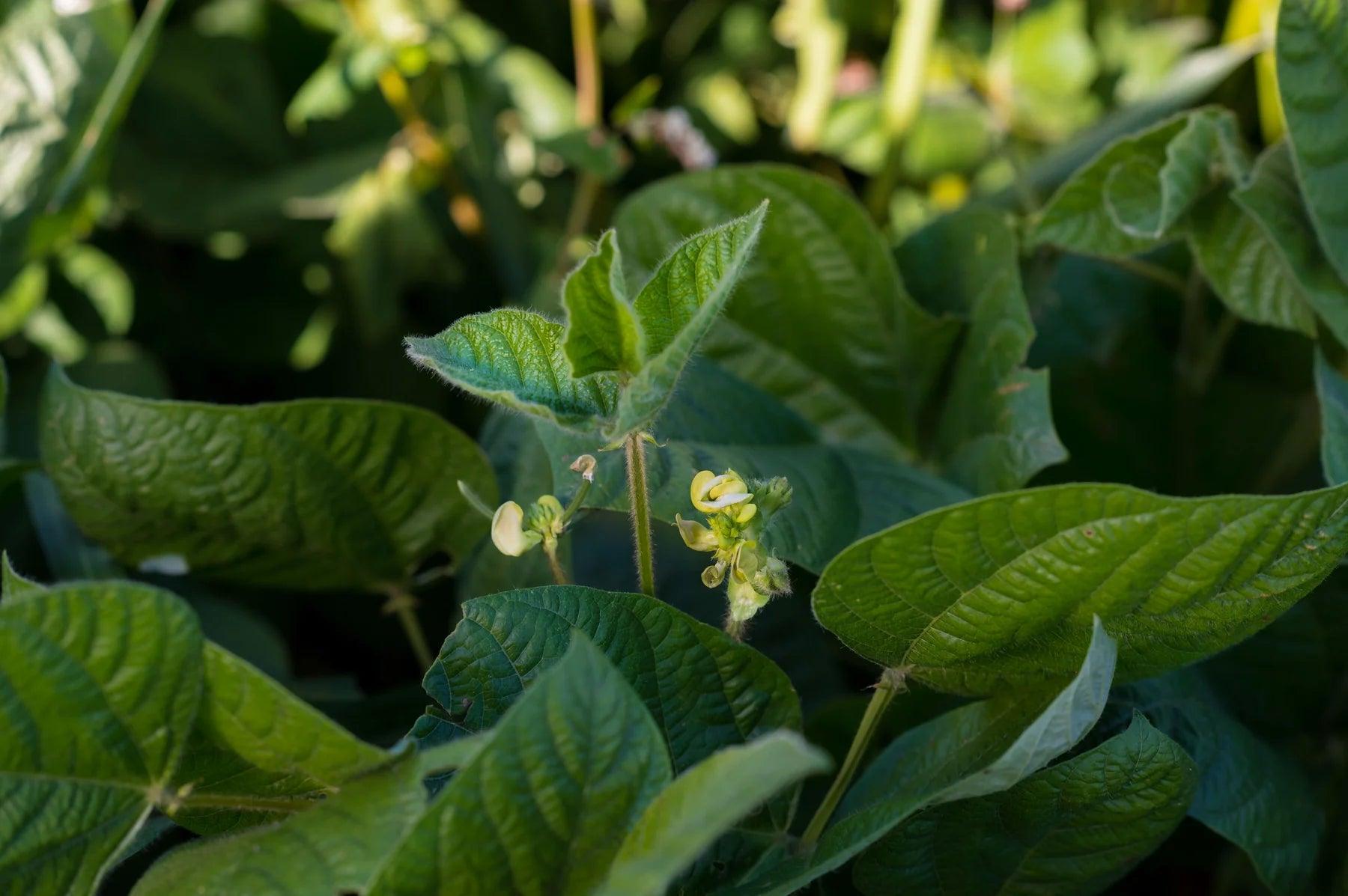Ongoing Study Highlight



Mung Bean trial in Tennessee Organic growing conditions
Project Lead: Dr. Matthew Blair
Summary: Pulses, part of the legume family (Fabaceae), are globally cultivated, with production in Africa, Asia, and the Americas. The mung bean, scientifically known as Vigna radiata (L. Wick), stands out for its protein content (22-24%). Noteworthy is the unique nutrient distribution in the mung bean seed, with protein concentrated in the embryo and higher starch and fiber in the seed coat and cotyledons. The trials at Caney Fork Farms were designed to test mung bean production in Southeast organic conditions. So far the trials have occurred over a two-year period (2022-2023). The design featured 12 rows in two replicates, resulting in 24 row segments.
Varieties (HPO, Berken, OK2000) were allocated to four rows. Each bed was 75 feet long and approximately 4 feet wide, with a 15-foot alleyway and large gaps for effective management. A Land Pride Native Prairie seeder ensured accurate planting, with each seed 1 inch deep across the six rows within each of the 12 plots. A vacuum removed residual seeds, maintaining precision, and preventing cross-contamination. The entire cultivation area measured 255 feet in length and 30 feet in width, strategically designed for farm equipment and streamlined operations.
To monitor progress, drone images were captured weekly for the initial two months, providing insights into crop growth dynamics. The mung bean germinated well and grew throughout the summer season, albeit limited success owing to challenges posed by weed competition and animal damage. Despite setbacks, valuable data was collected throughout the trial.
The trial has revealed realistic challenges for farmers in middle Tennessee, such as difficult weed control without early cultivation. However, no pathogens or pest pressures were found. Unlike some countries where the cultivation of mung bean is hindered by diseases such as the Mung Bean Yellow Mosaic Virus or powdery mildew and root tors, in the mid-South and mid-West regions of the United States, particularly in states like Tennessee, Iowa, and Wisconsin, the crop is relatively unaffected by these disease challenges. Moreover, mung beans contribute significantly to soil health through their ability to fix nitrogen. The nitrogen fixation process enhances the overall quality of crop rotations, promoting soil fertility and reducing the reliance on synthetic fertilizers.
Scaling the study aims for a comprehensive understanding of mung bean production in varying conditions within the region. This study promises crucial insights into soil and plant nutritional characteristics, contributing to scientific knowledge and practical significance for farmers and consumers.Organic farms can adapt practices based on insights, optimizing conditions for successful bean production. Consumers gain access to locally sourced, nutritionally rich beans, influencing dietary choices. In essence, this study bridges the gap between experimental trials and practical applications, paving the way for informed and sustainable mung bean cultivation in middle Tennessee. It contributes to the broader agricultural landscape, benefiting both producers and consumers.



Save 10% on your first purchase
Never miss our updates about new arrivals and special offers
